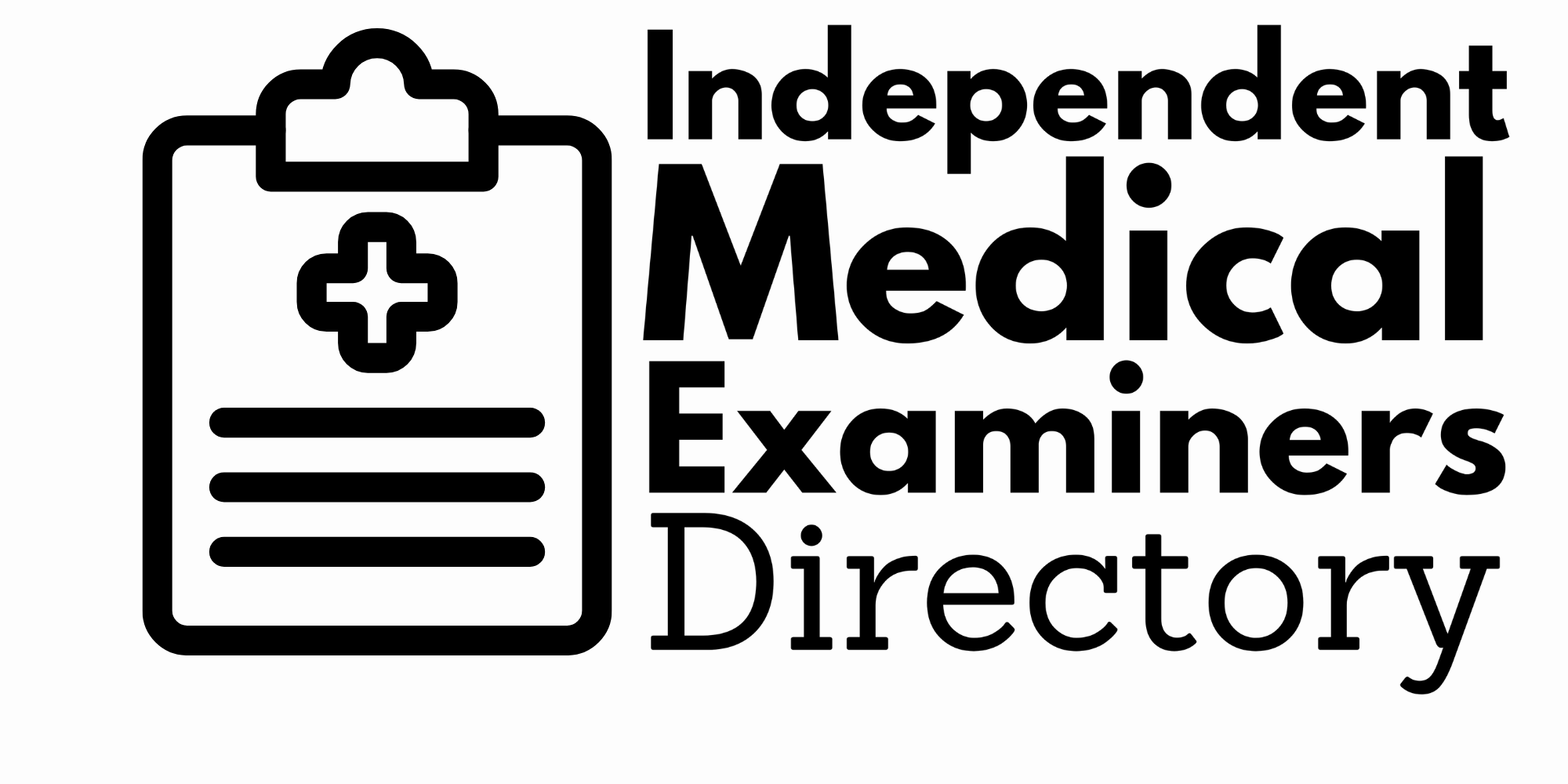In litigation, a strong case strategy isn’t built in the courtroom—it’s built from the moment you take on a file. For attorneys working with medical expert witnesses, that strategy blends legal theory with medical clarity.
Start With the End in Mind
Before you hire an expert, know what you want the jury (or judge) to ultimately understand. Ask yourself:
What is the central medical question in this case?
What standard of care or causation point must we prove—or defend against?
What damages are most persuasive, and how will we support them medically?
Your answers will guide which experts you need, when to engage them, and how to use them effectively.
Involve Experts Early
Early engagement allows experts to:
Help frame discovery requests.
Identify missing or critical records.
Suggest additional specialists.
Spot weaknesses in your theory before opposing counsel does.
Waiting until just before disclosure can limit their usefulness and leave less time to refine opinions.
Build a Cohesive Narrative
Your expert’s testimony should feel like a natural extension of your case theory—not a bolt‑on.
Align timelines: Medical events should match the story you’re telling.
Connect dots: Show how facts lead logically to your conclusions.
Anticipate rebuttal: Prepare your expert to address likely counterarguments.
Use Experts for More Than Testimony
A good expert can help you:
Evaluate settlement value.
Test demonstratives for clarity and accuracy.
Conduct mock direct and cross‑examinations.
Prepare your treating providers for testimony.
Control the Flow of Information
Provide organized, indexed records.
Clearly define the scope of the assignment.
Avoid information overload—irrelevant material can distract from the core opinion.
Sequence Matters
Sometimes you need multiple experts. Think about:
Which expert should review first to avoid bias.
How opinions from different specialties will complement each other.
Whether to stagger disclosures for strategic advantage.
Prepare for the Opposition
Research their expert’s background and testimony history.
Have your expert review and comment on opposing reports.
Consider whether a rebuttal expert is needed.
Bottom line: Case strategy isn’t just about winning—it’s about building a clear, credible, and compelling medical narrative that supports your legal theory. When attorneys and experts collaborate early and intentionally, they set the stage for a stronger outcome.
